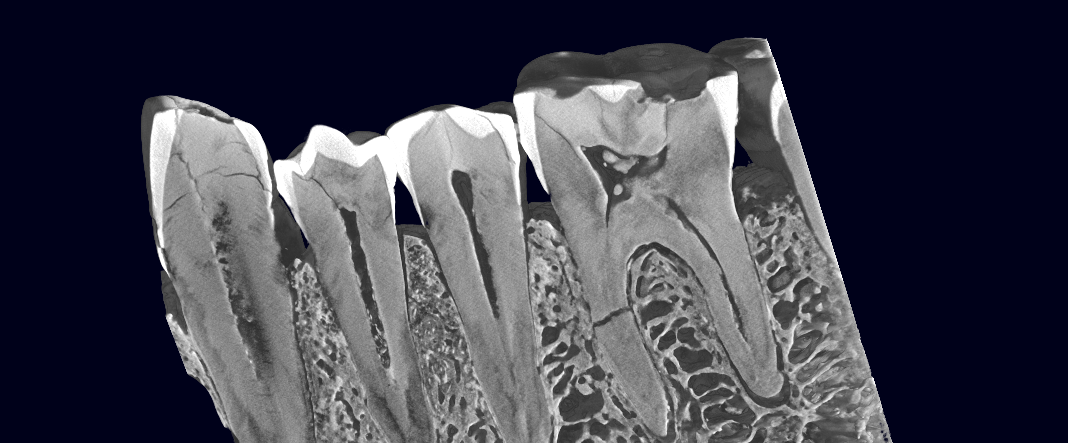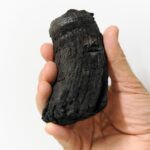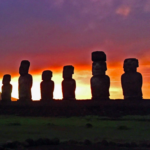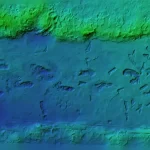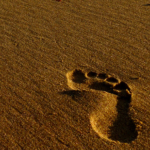BBC Earth
Image: Claudio Tuniz
Imagine a world without toothbrushes, mouthwash and dental floss. That’s an easy one, right? There would be rotten teeth in every mouth, and rich dentists in every town.
The earliest prehistoric human ever found in Africa seemed to confirm as much. In 1921, miners working at Kabwe, or Broken Hill, in what is now Zambia, came across a primitive looking skull.
It had a sloping forehead, giant brow ridges and cavities in 10 of its teeth. The Broken Hill skull’s original owner, an adult male who belonged to our ancestor species Homo heidelbergensis, may even have died as a consequence of his poor oral health.
But here’s the surprise: the Broken Hill skull is a strange (and still largely unexplained) anomaly. Look into the mouths of most other early human fossils and you’ll rarely find a dental cavity. Strangely, for millions of years of human prehistory our ancestors were blessed with generally good oral health – even though their dental healthcare consisted of little more than the use of simple toothpicks.
In fact, rotten teeth only became a common problem very recently – about 10,000 years ago – at the dawn of the Neolithic period, a time when our ancestors began farming. Relatively sophisticated dentistry emerged soon after. In the last decade or so archaeologists have found evidence from cultures across the world that bad teeth were scraped, scoured, even drilled and filled apparently to remove decayed tissue.
Or, to put it another way, it looks like the dental drill predates writing, civilisation, and even the invention of the wheel by thousands of years. Read more on the BBC Earth website…
